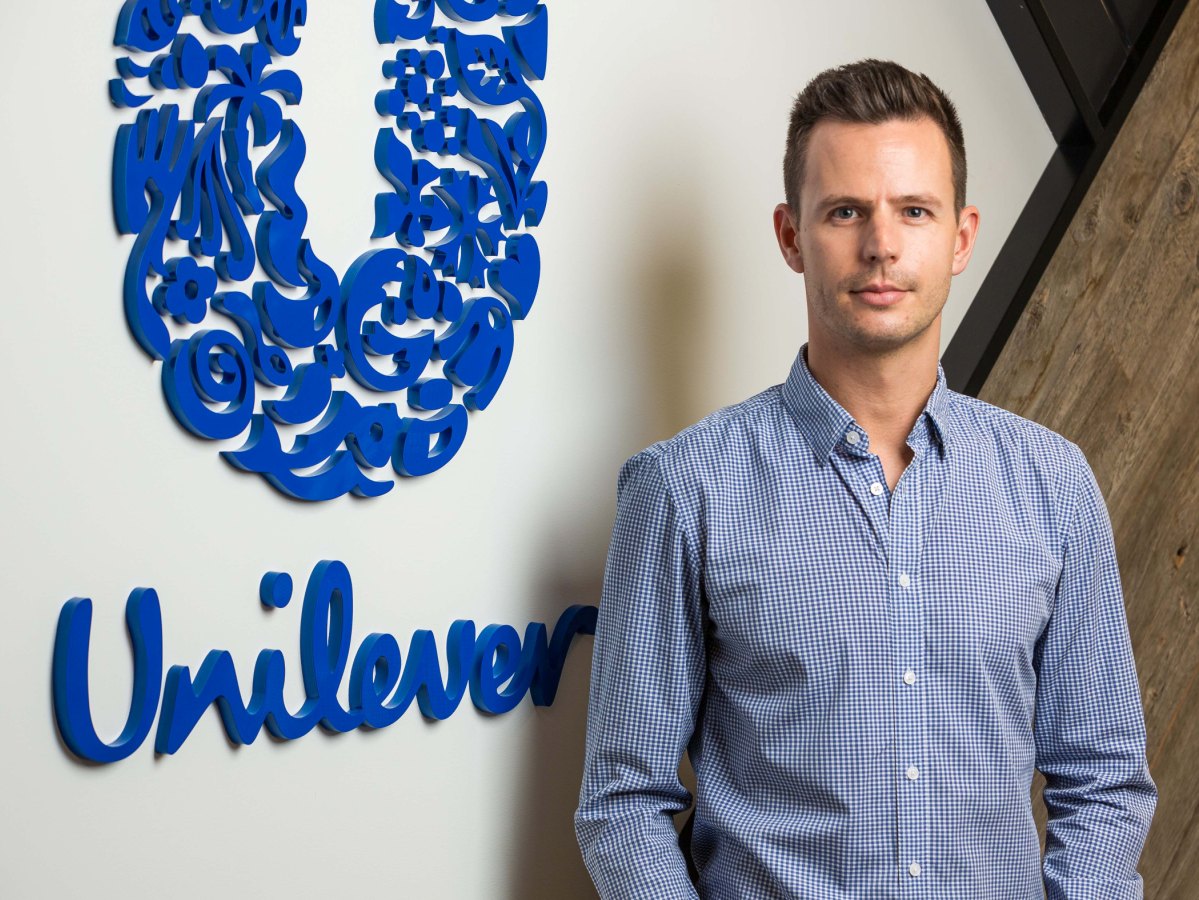Unilever Australia & New Zealand (ANZ) has announced it is continuing its 4 Day Work Week experiment in New Zealand and is extending the trial to Australia.
The expansion comes off the back of promising results from Unilever’s 18-month pilot in New Zealand, which saw all 80 employees participate in the trial. As part of the initiative, staff retain 100% of salaries, while working 80% of the time, while still
committing to 100% delivery for the business (100:80:100).
Results from the New Zealand trial showed strong results against business targets, including revenue growth, with the vast majority of staff reporting feeling engaged, and absenteeism dropping 34%.
Individual wellbeing also improved, with stress dropping 33%. Meanwhile, feelings of strength and vigour at work increased by 15%. Work/life conflict fell 67 %.
Stakeholders and partners also took to the trial favourably, with 100% agreeing that the NZ team completed work on time and to high quality.
Unilever New Zealand Managing Director Cameron Heath says the 4 Day Work Week is an extension of Unilever’s commitment to a performance culture that drives triple bottom impact – people, planet and profit.
“A high performing business requires thriving people, and the need to attract and retain passionate talent is more critical than ever. It’s imperative for us to continue to deliver superior business performance, whilst also meeting the evolving needs and
expectations of our thriving workforce.”
The extension of an initial 12-month trial to Unilever’s Australian operations will implement many of the same principles and tools to encourage more efficient working styles.
Leveraging existing technology proved essential to the success of the New Zealand trial. Staff were guided in removing projects, processes and protocols that added less value throughout the week, ensuring they were able to free up time to work on items that matter most.
Teams were encouraged to work through logistics and develop individual and team plans to ensure business continuity.
Recommendations for change included less frequent but more efficient meetings, less reliance on emails and adoption of software such as Microsoft Teams.
“We’re excited to see the trial extend to Australia, and know the toolkit and learnings we realised in Aotearoa will translate well to our peers in Australia,” Heath said.
Professor Dalton, Head of the Department of Management at UTS Business School, which monitored and measured the trial, says it is the most comprehensive study into flexible working arrangements to date.
“The Unilever New Zealand 4 Day Work Week trial week produced successful, independent measurements,” she says. “Through rigorous, in-depth academic research, we have produced a robust, multi-level data set that can be used to further refine the initiative over time.
“In conducting this trial in collaboration with UTS Business School, Unilever ANZ has been a pioneer in helping to create an evidence-base that can inform ongoing research into the future of work” she says.
Cameron Heath says Unilever NZ is committed to driving the future of work through its unique employee offering.
“We know our learnings will be useful at a time of change in the workplace, particularly as New Zealand moves through the headwinds of the pandemic, and as businesses embrace new and exciting ways of working. We’re proud to be leaders in equipping our
own people and others for the future.”
Unilever ANZ has recently become a Certified B Corporation™. The Certification is independently administered by B Lab and awarded to companies that demonstrate verifiable positive impact through policies and practices across five areas – governance, workers, communities, customers, and the environment.
Unilever ANZ is fostering a diverse and inclusive workforce with gender parity across management; has switched to 100% renewable electricity across its entire operations; is reimagining packaging to reduce plastic waste; collaborating with farmers on Regenerative Agricultural Principles; and driving strong employee engagement
around Environmental, Social and Governance (ESG). More information about the Certification is available here.
*The initial New Zealand trial of the 4 Day Work Week ran from 1 December 2020 to 30 June 2022



